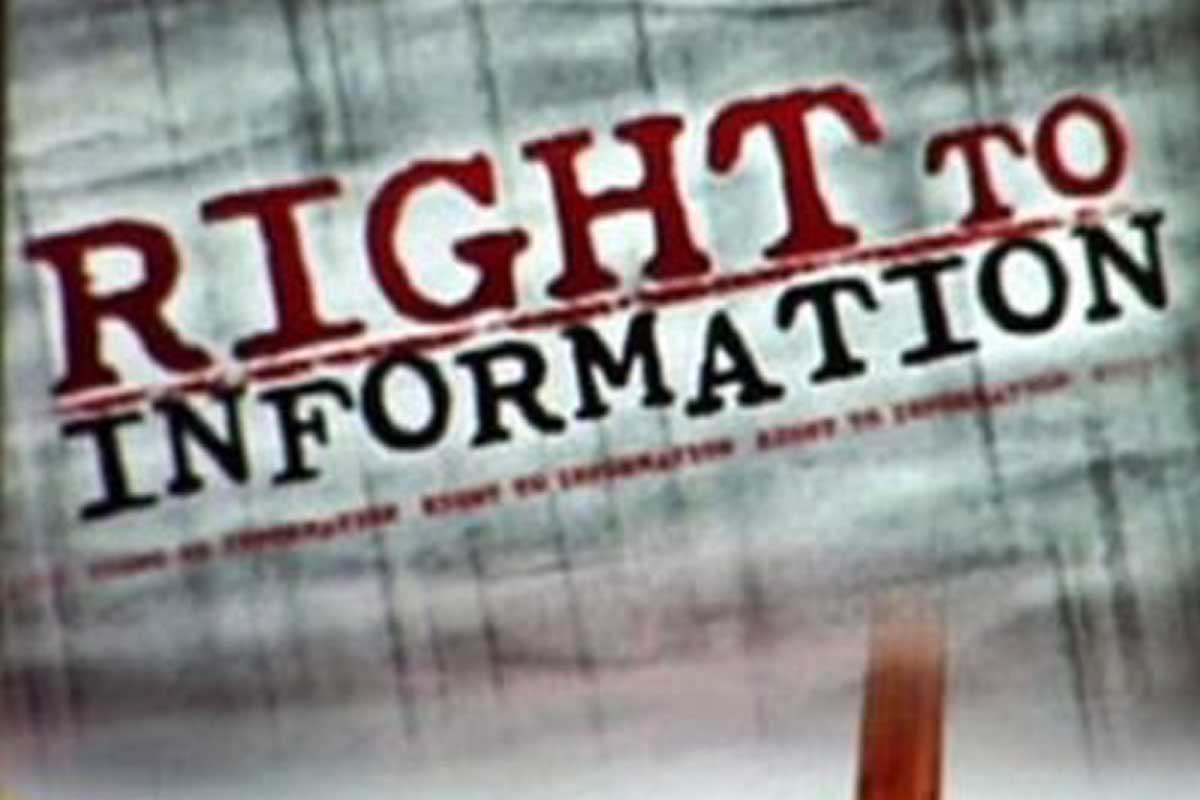Delhiites don’t believe Kejriwal involved in any corruption: Saurabh Bharadwaj
He claimed the ED and the CBI have been unable to find any concrete evidence after two years of investigation.
‘Satark Nagrik Sangathan’ (SKS – Organization of Alert Citizens) is an organization which has been working for nearly 18 years in many hut-colonies of Delhi to empower some of the poorest citizens, particularly women, to defend their rights and benefits.

Representational image. (Photo: Facebook/@RTIAct)
To strengthen grassroots democracy, alert citizens need to resist irregularities and corruption as well as protect rights and entitlements. This is especially necessary in slums and hut colonies where poor, illiterate or less educated people are being cheated all the time by unscrupulous persons who do not allow their welfare and rightsbased benefits to reach them.
‘Satark Nagrik Sangathan’ (SKS – Organization of Alert Citizens) is an organization which has been working for nearly 18 years in many hut-colonies of Delhi to empower some of the poorest citizens, particularly women, to defend their rights and benefits.
Anjali Bhardwaj, the founder coordinator of SKS was closely associated with the movement for enacting strong RTI (Right to Information) legislation in India. After this law was enacted she started going to hutcolonies to explore possibilities of it to benefit people living in these settlements. To take this forward, she involved men and women from within slum communities. Soon several members from such communities joined the SKS team.
Advertisement
In addition, educated young women like Aditi Dwivedi provided support for youth-related activities. Kusum Lata provides an example of how those who are from very difficult socio-economic conditions can also emerge as inspiring social activists with some help and encouragement. As a single woman (deserted by her husband), Kusum was bringing up her children in difficult circumstances, but found time to take up social responsibilities. When SKS helped and trained her for a wider social role, she progressed rapidly and played an important mobilisation role in several hut colonies. She was selected for the Democracy Fellowship Programme. Here guided by such senior social activists as Aruna Roy, her social work acquired a wider vision and she now speaks with confidence about not just protecting the rights of “slum-dwellers” but also “protecting and strengthening the Constitution of India.”
With teams combining some educated persons as well as activists from slum and hut communities, SKS could pick up relevant issues with its ‘ears to the ground’ ability and approach. RTI was used to obtain stock registers and sales registers of ration shops. Corruption was detected by comparing the two. Public hearings were organised to share findings with the entire community. Culprits were also given an opportunity to provide their defense.
There was significant progress. When some corrupt dealers faced punitive actions, corruption levels started coming down. Some other cases dragged on for a longer time. Later Point of Sale machines were introduced at ration shops and ration was given only if thumb prints matched, leading to denial of rations to many people. SKS resisted this and this practice was withdrawn in many shops. When several deserving senior citizens were denied pensions, RTI was filed on the status of their applications and asking reasons why some pensions started earlier had been stopped abruptly.
In several cases, justice for deserving elderly persons, single women and disability-affected persons could be secured. SKS listened to what community members said. One day a woman from a hut colony said, “Even my child gets a regular report-card from his school. Our elected representatives have much more important roles. Why don’t they have report cards?”
SKS realized the importance of her question, which was basically a very important issue of public accountability. It went ahead and prepared report cards of local councilors and MLAs, raising issues like presence in legislature, active role such as raising relevant questions and utilisation of fund. When an MLA’s report card indicated very low presence in the legislature, he told SKS activists that if they had informed him about the preparation of report card earlier, he would have attended more regularly! SKS has also taken a strong stand on issues like resisting communalism and ensuring social harmony in difficult times. Its activists tried their best to check the spread of communal violence.
However, when terrible violence took place, they volunteered to prepare reports on ground realities so that attention could be drawn to the extent of the damage and a strong case could be built for the relief and rehabilitation effort that was needed. As the organisation faces up to increasing difficulties and challenges in coming days, it can call upon the strength of the strong commitment and courage of its members.
(The writer is a freelance journalist and author. His latest book is Protecting Earth for Children)
Advertisement